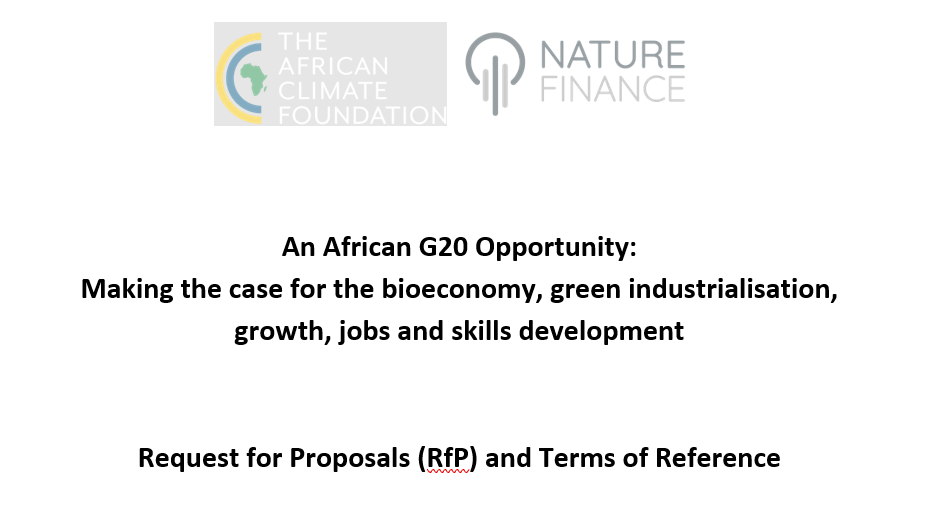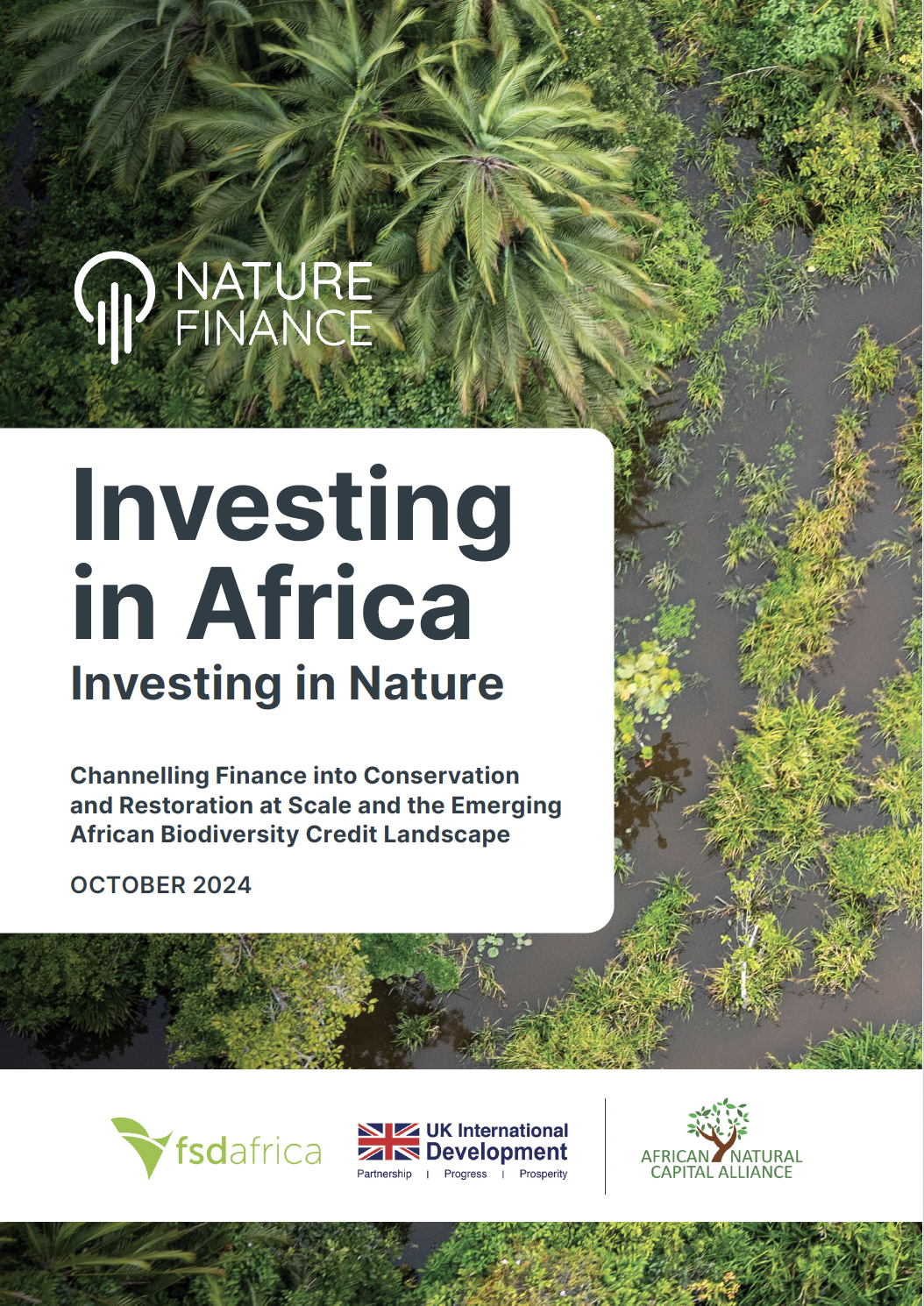
Yesterday the Council on Economic Policies published a report on the role of central banks and financial supervisors for sustainable prosperity, co-authored by NatureFinance’s (formerly known as Finance for Biodiversity (F4B)) Simon Zadek and CEP Director, Alexander Barkawi. In ‘Governing Finance for Sustainable Prosperity’ they argue that central banks have a broader purpose beyond the goal of price stability, and must align their impact on long term policy goals, accordingly. They note that several central banks have already embarked on accounting for sustainability criteria, in particular climate risk, in their practices.
The Swedish Riksbank announced in 2019 that it had sold its holdings of bonds from the Canadian province of Alberta as well as the Australian states of Queensland and Western Australia due to the high climate footprint of these issuers. A year later, in the context of its decision to start buying corporate bonds, the Riksbank declared that such purchases would only be made of bonds from companies “deemed to comply with international standards and norms for sustainability”.
In March 2021, the Bank of England announced that it will account for the climate impact of the issuers of corporate bonds it holds, and update its approach accordingly by the end of the year.
Financial authorities have also started accounting for social and environmental considerations in microprudential supervision and macroprudential policy. Examples include the energy transition stress test by the Dutch central bank in 2018, and the climate stress test by the Bank of England. Monetary-fiscal coordination in response to the economic fallout from COVID-19 delineates further scope for policy alignment.
The report rejects a binary perspective on the question of central bank independence and instead argues for a more nuanced approach to policy alignment in the governance of finance. It calls for the role of central banks and financial supervisors in fostering sustainable prosperity to be made explicit, and for policies and the rules to evolve markets towards sustainability. It also calls for accelerating reforms to build the institutional capacity and accountability for central banks and financial regulators to pursue a broader agenda.
Biodiversity on the agenda for central banks and financial supervisors
Also yesterday, the Network of Central Banks and Financial Supervisors for Greening the Financial System (NGFS) and the International Network for Sustainable Financial Policy Insights, Research, and Exchange (INSPIRE) announced a joint Study Group on ‘Biodiversity and Financial Stability’.
A growing number of central banks and supervisors have recognised the need to extend their focus from climate change to the challenges of addressing the implications of broader nature-related risks and the conservation of nature and biodiversity. Doing this will involve understanding the impact of finance on the provision of key ecosystem services as well as the consequences of biodiversity loss for financial stability.
The goal of the research initiative is to establish an evidence-based approach to how central banks and supervisory authorities could fulfil their mandates in the context of biodiversity loss, with a focus on land-use and deforestation.
Read a CEP blog post by Simon Zadek and Alex Barkawi
Download the ‘Governing Finance for Sustainable Prosperity’ report
Read about the NGFS/Inspire Study Group








